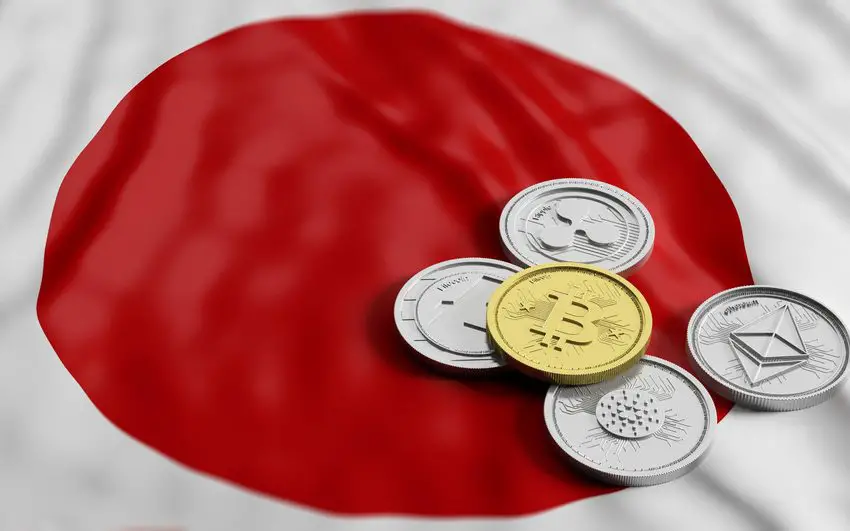Japan has proposed new rules for stablecoins, which would only allow banks and wire transfer services to issue these digital assets.
Stablecoins are a type of digital currency that’s pegged to an external asset, like a fiat currency, gold, or other investments. Tether is one example, and it’s no stranger to controversy. In October, it was fined $41 million for old claims that each token was backed 1-to-1 by its cash reserves — according to the CFTC, “Tether reserves were not ‘fully backed’ the majority of the time.

Japan working on stablecoins: Yen-based cryptocurrency and new restrictions
The government plans to introduce a law regulating stablecoins in 2022 following similar plans in the US. The Treasury Department encouraged Congress to pass legislation to prevent other entities than banks from issuing the currency.
The treasury has stated that this move will help stabilize the market. It is intended to stop runs by making sure there is enough currency around to stop runs if they occur. This is being done by clarifying rules and regulations surrounding cryptocurrencies.
The Japanese government has tightened regulations on stablecoins and their issuers. The agency has oversight of wallet providers that engage in stablecoin transactions, and they are required to comply with certain security protocols, like reporting any suspicious activity and verifying users’ identities.

The Japanese government also plans to launch a yen-based cryptocurrency in 2022. The currency — which may be called DCJPY — will be backed by bank transactions and is supposed to speed up large transfers of funds between companies.





